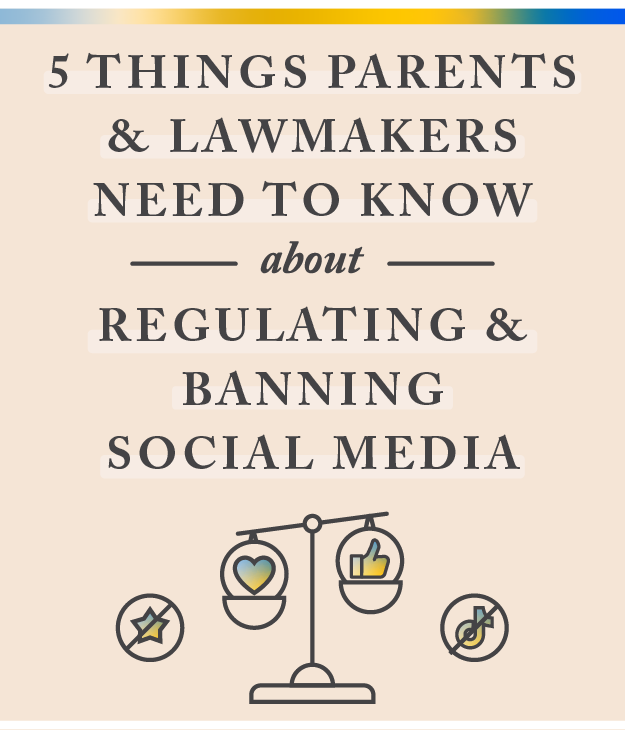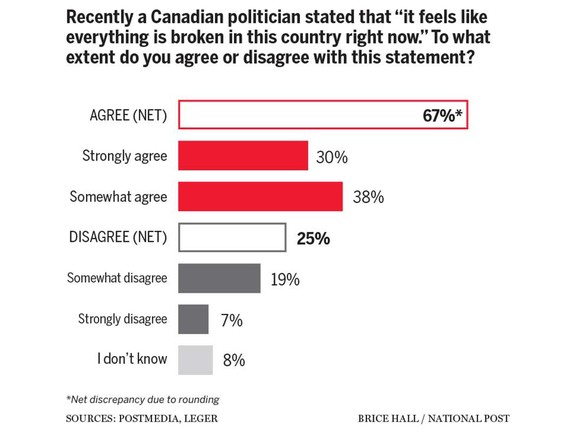Proposed Texas Legislation Would Limit Minors' Social Media Use

Table of Contents
Key Provisions of the Proposed Texas Social Media Bill
The proposed bill aims to curb excessive social media use among minors through several key provisions. These aim to strike a balance between protecting children and respecting individual freedoms. The specifics are still subject to change as the bill progresses through the legislative process. However, core elements currently include:
- Specific Age Restrictions for Account Creation: The bill proposes raising the minimum age for creating social media accounts, potentially to 16 or 18 years old. This would prevent younger children from accessing platforms without parental oversight.
- Requirements for Parental Consent and Verification: Parents would be required to provide verifiable consent before their children can create accounts, involving processes like age verification and parental account linking.
- Proposed Limitations on Usage Time: The bill may introduce restrictions on daily or weekly usage times for minors, potentially utilizing parental control apps and platform functionalities to monitor and enforce these limits.
- Regulations Regarding Data Collection and Privacy: The legislation seeks to increase transparency and control regarding the collection and use of children's data by social media companies. This could involve stricter data privacy rules and limitations on targeted advertising toward minors.
- Potential Penalties for Non-Compliance: Social media platforms that fail to comply with the proposed regulations could face significant fines and other penalties. Parents could also face penalties for allowing underage children to access social media platforms.
Potential Benefits of Restricting Minors' Social Media Access
Proponents of the Texas social media bill argue that restricting minors' access offers significant benefits for their well-being:
- Improved Mental Health: Reduced exposure to cyberbullying, social comparison, and the pressure of maintaining an online persona could lead to decreased anxiety, depression, and body image issues.
- Increased Focus on Schoolwork and Other Activities: Limiting screen time could free up valuable time for homework, extracurricular activities, and in-person social interactions, leading to improved academic performance and overall development.
- Reduced Exposure to Cyberbullying and Online Predators: Stricter age verification and monitoring could help safeguard children from online harassment, exploitation, and harmful interactions with strangers.
- Better Sleep Patterns and Overall Physical Health: Decreased screen time before bed could promote better sleep quality, leading to improved physical and cognitive function.
- Protection from Harmful Content: The bill could help limit children's exposure to inappropriate, violent, or sexually explicit content found on many social media platforms.
Concerns and Criticisms of the Proposed Legislation
Despite the potential benefits, the proposed legislation faces significant criticism:
- Potential Infringement on Freedom of Speech and Expression: Critics argue that the bill could unduly restrict minors' access to information and platforms for self-expression and social interaction.
- Challenges in Enforcing the Law Effectively: Enforcing age restrictions and usage limits across various social media platforms poses a considerable challenge, given the constant evolution of technology and the ease of circumventing such rules.
- Concerns about the Practicality of Parental Control Mechanisms: The reliance on parental control apps and mechanisms raises concerns about their effectiveness and potential for misuse or circumvention by tech-savvy children.
- Potential Impact on Social Interaction and Communication Among Teens: Limiting access could negatively impact teenagers' ability to connect with friends, family, and their broader social networks.
- The Difficulty of Defining and Monitoring "Harmful" Content: Determining what constitutes "harmful" content is subjective and difficult to enforce consistently across various platforms and cultural contexts.
Public Opinion and Political Debate Surrounding the Bill
The proposed Texas social media bill has sparked a heated public debate. Parents express concerns about their children's online safety and mental health, while others emphasize the importance of free speech and the role of social media in modern life.
- Statements from key political figures supporting or opposing the bill: While some politicians champion the bill as a crucial step to protect children, others criticize it as an overreach of government power.
- Polling data reflecting public opinion: Public opinion polls reveal a diverse range of views, highlighting the complexities of the issue and the lack of a clear consensus.
- Arguments from proponents and opponents: Proponents emphasize the potential for improved child well-being, while opponents express concerns about its practicality, potential for abuse, and infringement on fundamental rights.
- Potential for future revisions or legal challenges: The bill is likely to undergo further revisions and amendments, and its ultimate passage remains uncertain. Legal challenges are also anticipated.
Conclusion: Understanding the Implications of the Texas Social Media Bill
The Proposed Texas Legislation Would Limit Minors' Social Media Use represents a significant attempt to address the growing concerns about the impact of social media on children's well-being. The bill's key provisions, including age restrictions, parental consent requirements, and usage limits, aim to create a safer online environment for minors. However, it also raises important questions regarding freedom of speech, enforcement challenges, and the practicality of parental control mechanisms. The ongoing debate highlights the need to carefully balance minors' online safety with their right to free expression. This complex issue requires ongoing discussion and engagement. Learn more about Texas social media restrictions, engage in the public discourse, and contact your representatives to voice your opinion on this crucial legislation affecting minors' online access.

Featured Posts
-
 Baggelis Giakoymakis Mia Tragodia Poy Sygklonizei Bullying Vasanismoi Kai Thanatos
May 20, 2025
Baggelis Giakoymakis Mia Tragodia Poy Sygklonizei Bullying Vasanismoi Kai Thanatos
May 20, 2025 -
 Is Canada Post On The Brink Of Collapse A Reports Recommendations For Mail Delivery Reform
May 20, 2025
Is Canada Post On The Brink Of Collapse A Reports Recommendations For Mail Delivery Reform
May 20, 2025 -
 Leclercs Future At Ferrari The Impact Of Hamiltons Potential Arrival
May 20, 2025
Leclercs Future At Ferrari The Impact Of Hamiltons Potential Arrival
May 20, 2025 -
 The Eurovision 2025 Finalists Ranked A Critical Assessment
May 20, 2025
The Eurovision 2025 Finalists Ranked A Critical Assessment
May 20, 2025 -
 Bournemouth Vs Fulham Premier League Match Free Live Stream Options And Tv Broadcast Details April 14 2025
May 20, 2025
Bournemouth Vs Fulham Premier League Match Free Live Stream Options And Tv Broadcast Details April 14 2025
May 20, 2025
